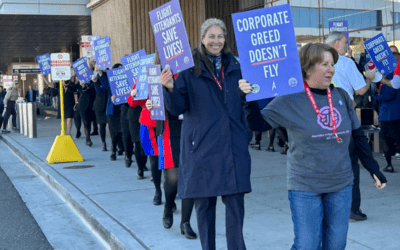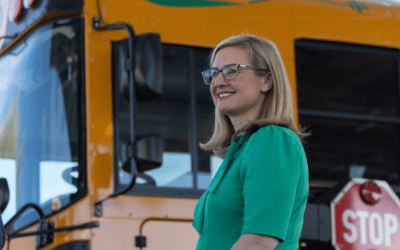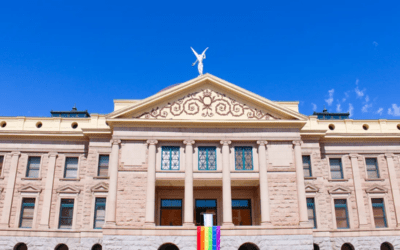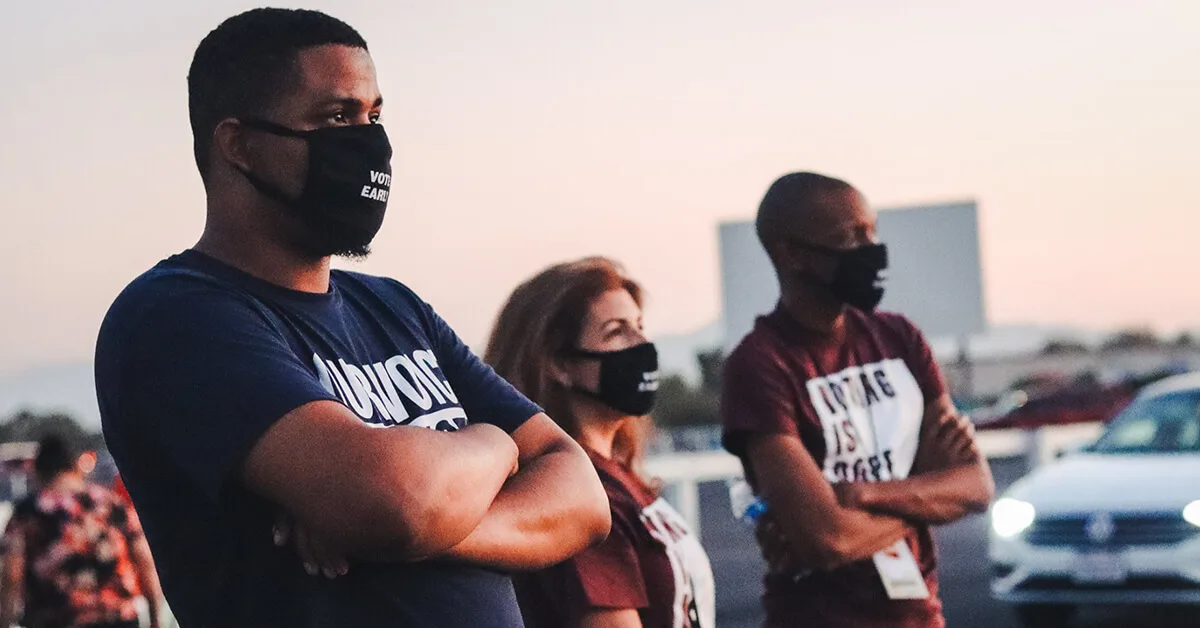
Photo courtesy Arizona Coalition for Change
“Now it’s time for us to make sure that lawmakers actually listen to the people.”
Maricopa County not only shifted blue in the 2020 presidential and Senate elections, but it is also edged toward a more diverse leadership.
Of the nine Black Democratic candidates that won their races, eight were running to fill positions on local school boards. Rep. Reginald Bolding, D-Phoenix, was re-elected to his fourth term. Bolding has also been named the House minority leader.
Muktar Sheikh, a Somalian refugee who came to the U.S. in 1996, was leading his Balsz Elementary School District board race. He ran last cycle but lost by just 62 votes.
His fellow Black candidates Gail Knight and Rev. Redeem Robinson were also ahead.
Other Black candidates for school board are:
- Berdetta Hodge—first elected to Tempe Union High School District Board in 2016 and mother to Board of Supervisors candidate Jevin Hodge.
- Kiana Sears—first elected to Mesa Public Schools District Board in 2016. Ran for the Arizona Corporation Commission in 2018 but lost.
- Sadie Shaw—first-time member of the Tucson Unified School District Board.
- Shelley Jackson—first-time member of the Roosevelt School District Board.
- Lawrence Robinson—incumbent on the Roosevelt School District Board.
Jevin Hodge and Whitney Walker were leading in the Maricopa County Board of Supervisors race in the initial election results but ultimately fell behind. They would have been the first Black members of the board.
Coral Evans, who became Flagstaff’s first Black mayor in 2016, ran for state representative but was trailing in LD-6. She ran against Republican Rep. Walter Blackman, who re-election to his second term.
Corey Woods was elected Tempe’s first Black mayor in a special election in March. He took office in July.
Long Time Coming
Both Bolding and Sheikh said the wave of more diverse candidates and leaders has been a long time coming.
“This is something that was intentional in that part of the work that’s happening outside of the Legislature is engaging African American communities,” Bolding told The Copper Courier.
For many, the drive to shaking up the system started with SB 1070, the Arizona law signed in 2010 that required police to ask to see papers proving a person’s immigration status if the officer suspected them of being in the country illegally.
“There has been a steady push for people in communities of color to run for office because we know that they provide diverse experiences,” Bolding said. “When you have someone with a diverse experience making a decision, I truly believe you have better outcomes.”
Sheikh said he joining community organizing groups a decade ago after seeing “people being picked on because of their immigrant background.”
Now, he said, these results prove Arizona’s demographics and attitudes are changing.
“It’s a good feeling,” he said. “I think it’s bigger than even my election, seeing as a collective community seeing the difference we made in Arizona.”
Bolding said this election made it clear that the state Legislature, while looking to still be controlled by Republicans, needs to more closely reflect Arizonans’ increasingly progressive leanings.
“We know Arizona is a place that is much more progressive than the Legislature, and that’s the reality,” he said. “Arizona has not only passed minimum wage, it has passed more funding to education, legalized marijuana, Medicaid expansion. We’ve seen things that Arizonans say we want and now it’s time for us to make sure that lawmakers actually listen to the people.”
More to Do
But both leaders also agreed that much more needs to be done. For Bolding, that means first getting COVID-19 aid under control.
“One of the most disappointing things that I saw come out of the Republican-led Legislature and our governor has been the mismanagement of COVID support,” he said. “We had an unemployment system that was just not designed to support Arizonans in the event that you have mass layoffs, and that’s a problem.”
Besides increasing unemployment payments and length of support, he and other Democrats say they would like to see more support for small businesses as many are being forced to shut down for good.
Fallout from the pandemic is at the top of Sheikh’s list, too,
Besides keeping students and teachers safe, he wants to make learning as equitable as possible.
“If your parents are new immigrants or don’t have the high-school level education or college- level education, they are not able to help their children with work,” he said. “If I get elected and be on the board, those are issues that I want to make sure our schools have something in place to make sure students don’t fall behind.”
Elections to Come
Arizona saw record turnout this year with many counties’ switch to vote-anywhere centers and increase in drop boxes.
Bolding added that he wants keep these changes in place and see even more changes made to increase civic participation in elections to come, like automatic and same-day voter registration.
He leads the Arizona Coalition for Change, which pushed the state to push its voter registration deadline back by 10 days. That led to an additional 35,000 people getting signed up, with 17,000 doing so alone in the first day of the extension.
“We should be doing whatever we can to increase democracy,” Bolding said. “And if it takes us a couple of days to figure out results because of pure capacity, that’s OK because these decisions that are being made are so vitally important.”
He would also like to see the state make it easier for people of color to run for office.
“For many, the way in which the campaigns are created make it difficult for those who are first-generation Americans those who are first-generation college students, those who need to work and campaign, who may not have a lot of friends with a lot of money to make sure that they are successful,” he said. “There are challenges that candidates face … but in the face of those challenges, we’ve still seen some success.”
But even with that need for change in mind, Bolding said he is feeling excited about what’s to come for the state.
“Ten years ago Arizona was seen as a place of hate with SB1070, the ‘show me your papers’ law,” he said, “to 10 years later being a battleground state that is truly the pathway to the White House.”
Support Our Cause
Thank you for taking the time to read our work. Before you go, we hope you'll consider supporting our values-driven journalism, which has always strived to make clear what's really at stake for Arizonans and our future.
Since day one, our goal here at The Copper Courier has always been to empower people across the state with fact-based news and information. We believe that when people are armed with knowledge about what's happening in their local, state, and federal governments—including who is working on their behalf and who is actively trying to block efforts aimed at improving the daily lives of Arizona families—they will be inspired to become civically engaged.

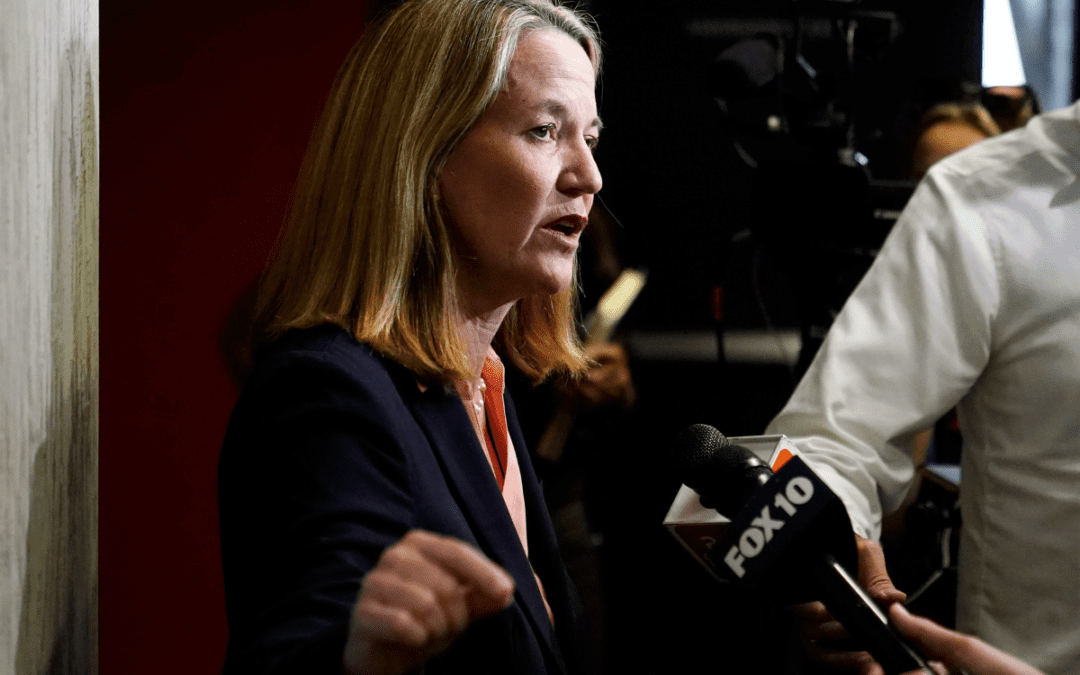
BREAKING: AG Kris Mayes sues rental corporations for conspiratorial price-fixing
It looks like, legally speaking, rent really may be “too damn high.” Arizona Attorney General Kris Mayes announced Wednesday a lawsuit against nine...

Op-ed: Trump’s journey from hosting The Apprentice to being the biggest loser
Leading up to the 2016 election, Donald Trump crafted an image of himself as a successful businessman and a winner. But in reality, Trump has a long...
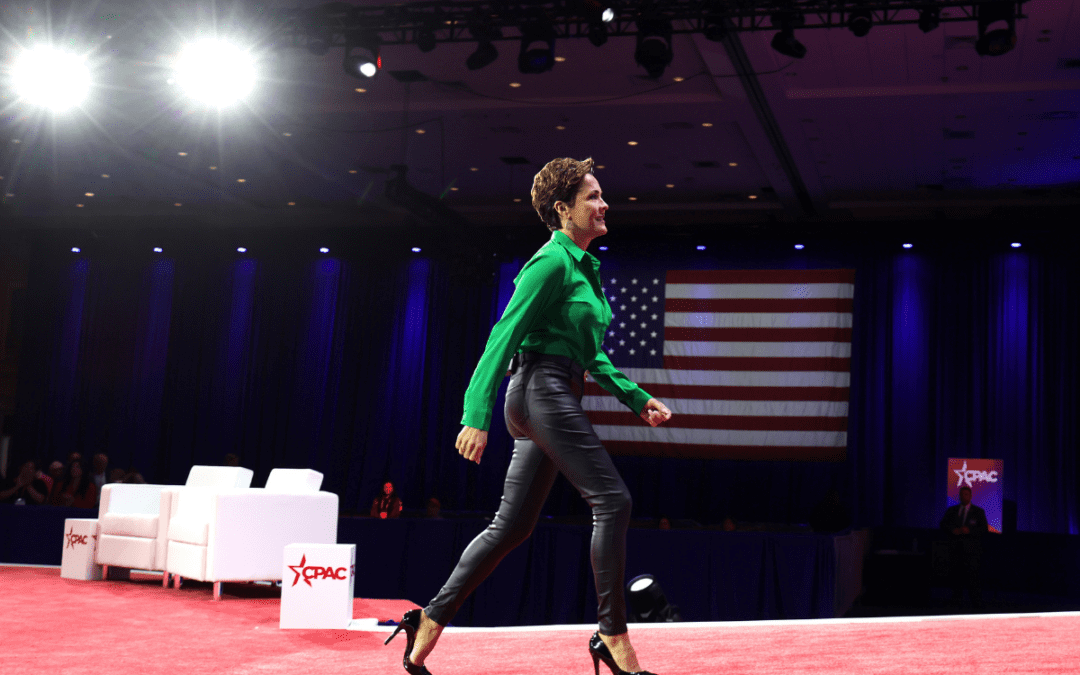
Kari Lake’s plan for the US Senate: ‘The end of democracy’
The world’s most far-right political leaders flocked to National Harbor, Maryland, last week for a conservative conference where attendants idolized...

Flight attendants picket at more than 30 airports in ‘unprecedented’ show of solidarity
Hundreds of flight attendants picketed at Phoenix Sky Harbor Airport last week, calling attention to stagnant wages with low purchasing power, poor...



